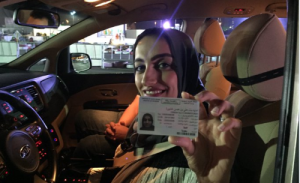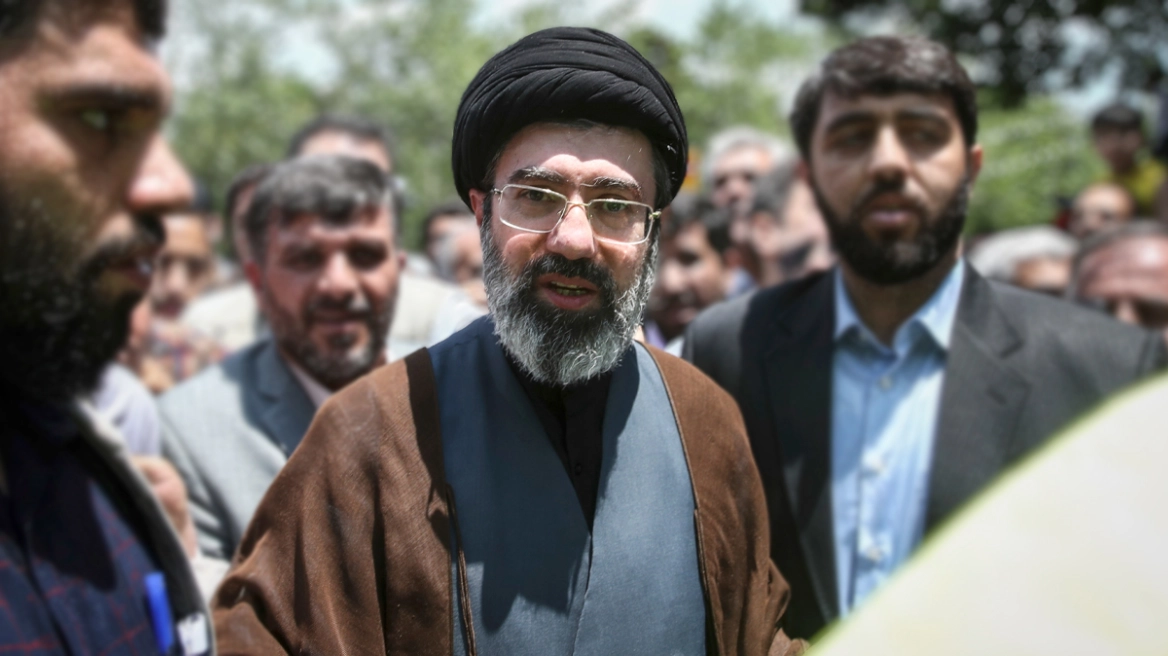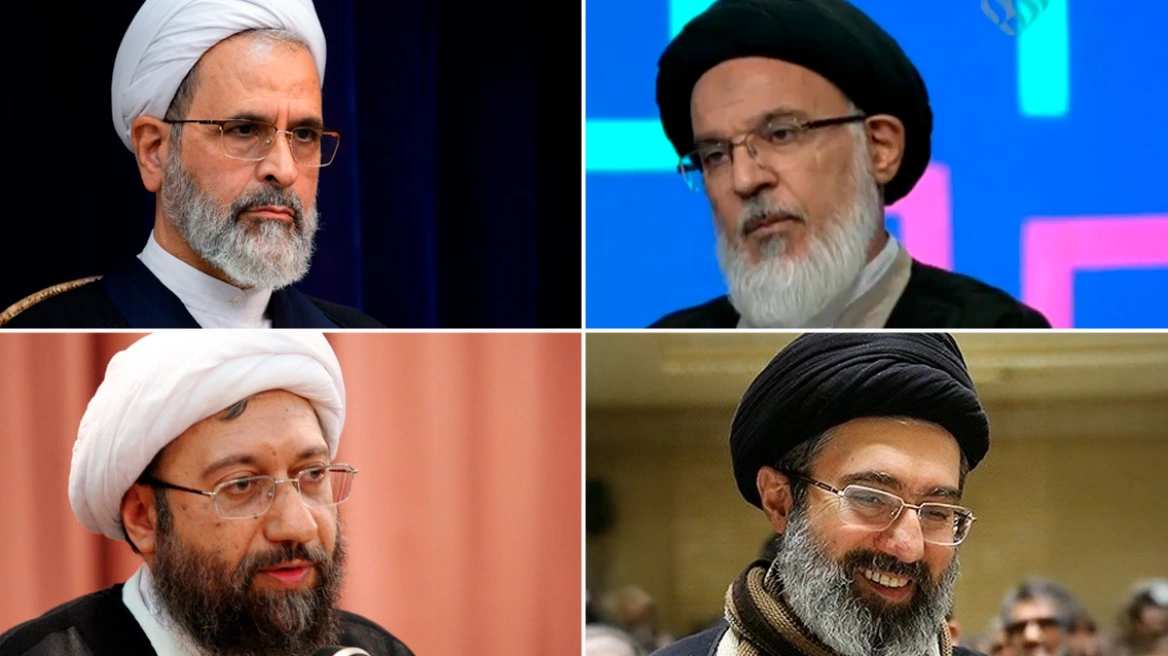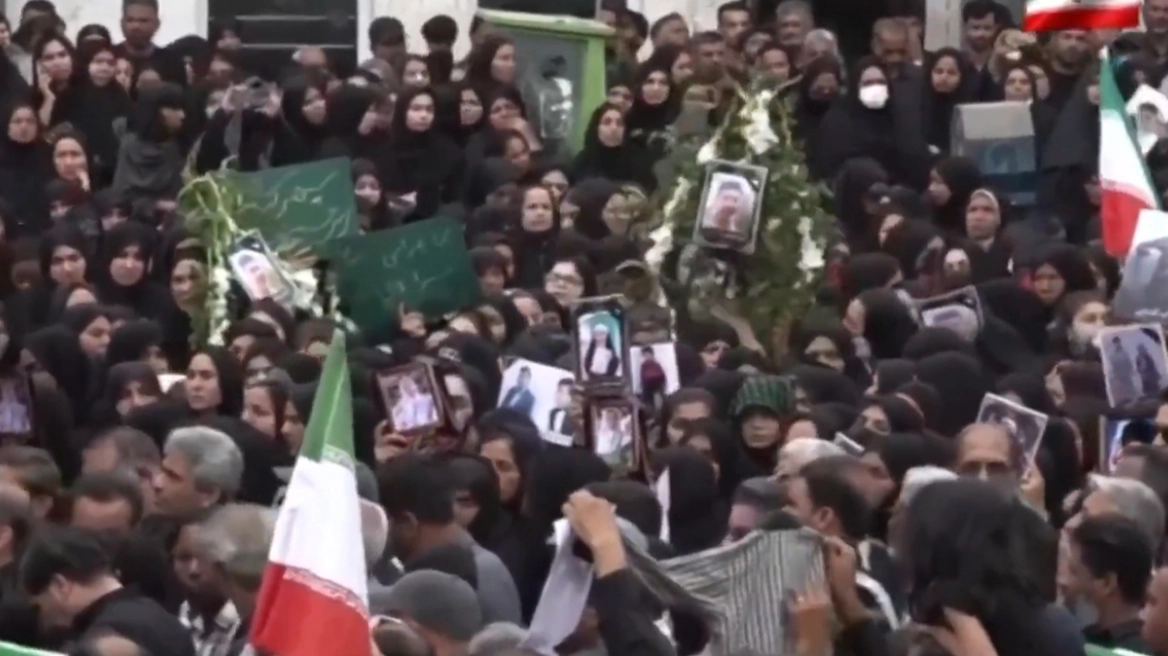In September 2017, as part of an ongoing plan of reformation, Saudi Arabia’s Crown Prince Mohammed bin Salman issued a decree to lift the ban on women driving in the middle eastern nation.
On Sunday, the ban was officially lifted.
Social media has been flooded with photos and videos of Saudi women driving freely for the first time, and according to Saudi Arabian Ministry of Interior spokesman Mansour Al-Turki, over 120,000 women have submitted applications for licenses.
Women in Saudi Arabia took to the roads at midnight on Sunday, ushering in the end of the world’s last ban on female drivers, long seen as an emblem of women’s repression in the deeply conservative Muslim kingdom. #SaudiWomenDriving pic.twitter.com/rrN1B1btis
— TOLOnews (@TOLOnews) June 24, 2018
On the first day behind the wheel in #Saudi, I took my kids for a ride in #Jeddah and winked at my 13-year old son: “I got to do that before you” 😝#SaudiWomenDriving #SaudiWomen #WhatChanged pic.twitter.com/5fzB1v628e
— Deema Farsi (@xodimaox) June 24, 2018
In recognition of this historic event, the very first woman appointed to the board of the Saudi Arabian Motorsport Federation (SAMF) in December 2017, Aseel Al-Hamad, drove a Formula One car around the track before the French Grand Prix in Le Castellet on Sunday, reports CNN. Women in Saudi Arabia have long been pushing for this reform. According to Amnesty International, in 1990, “around 40 women drove their cars down a main street in Riyadh …” Authorities intervened, and “a number of [the women] were suspended from work.”
What a day for @ASEEL_ALHAMAD! It’s been a privilege to celebrate her passion for motorsport on this important occasion. 💛#RSspirit #FrenchGP #SheDrives pic.twitter.com/FMeXtn4E55
— Renault Sport F1 (@RenaultSportF1) June 24, 2018
Over the last decade, a small number of Saudi women continued to pursue reforms, publishing videos of themselves driving. Such videos led to severe consequences.
Amnesty reports that in 2011, “some were arrested and others were forced to sign pledges to desist from driving. At least one woman was tried and sentenced to 10 lashes.” In 2014, Loujain al-Hathloul was held for more than two months after she attempted to enter Saudi Arabia via car from the UAE.
This is certainly a victory that should be celebrated. However, it bears repeating that even as Mohammed bin Salmon peels back some of Saudi Arabia’s draconian policies, the nation has miles to go in terms of women’s rights and, more broadly, human rights.
Source: dailywire
Ask me anything
Explore related questions






